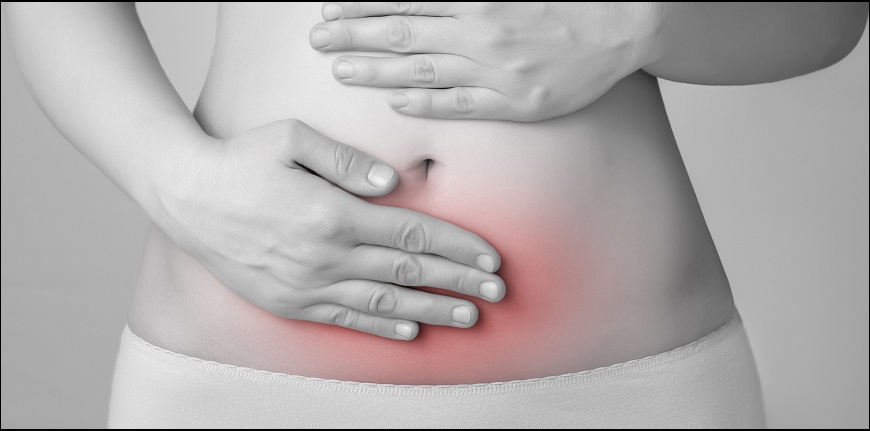- kapilkanade@yahoo.com
- SUNSHINE IVF and Endoscopy, Hadapsar, Pune

Pelvic pain is pain in the lower abdomen and pelvis. In females, it can be related to the reproductive, urinary, or gastrointestinal systems and musculoskeletal structures.
The character of pelvic pain depends on the cause—whether it is dull or severe, constant or recurring, and whether it is mild or severe. In others, pelvic pain may radiate to the buttocks, lower back, or thighs. In some instances, the pain is precipitated by urination or intercourse.
Pelvic pain is either acute or chronic:
Causes of Pelvic Pain
There are many medical conditions that can cause pelvic pain. It can be caused by the reproductive, digestive, or urinary systems, or by musculoskeletal causes. Recent medical studies have also identified the role of pelvic floor muscles and connective tissues in some forms of chronic pelvic pain. In others, irritation of pelvic nerves can also be a causative factor.
Pelvic Pain Related to the Female Reproductive System
Pelvic pain in females can be associated with the following conditions:
Other Possible Reasons for Pelvic Pain (Men and Women)
When to Seek Medical Attention
Sudden and severe pelvic pain can be a sign of a medical emergency that needs immediate attention. It is important to seek the advice of a healthcare professional if:
Early medical assessment can identify the underlying cause and facilitate proper treatment to relieve discomfort and avoid complications.
Book a Visit TodayExperience
Happy Patients
Infertility
IUI